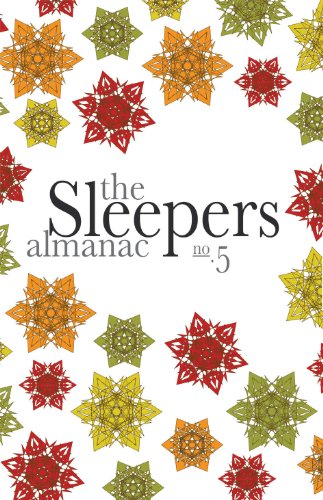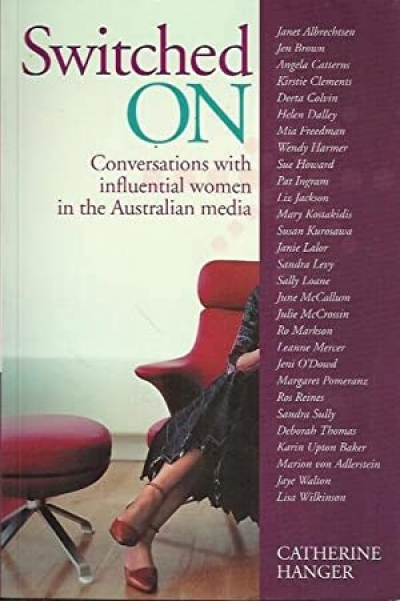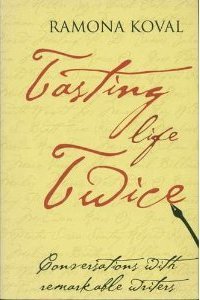Here we have one brand new literary journal, Etchings, and one which, by comparison, is practically geriatric: Famous Reporter. There is now a proliferation of literary journals, and SPUNC (Small Press Underground Networking Community) has emerged to advance their cause. We know that mainstream publishing is producing less diverse material, and that it is increasingly not Australian. The vast majority of publishing in Australia, as Michael Wilding has highlighted, is now done by local branches of big transnational corporations. Malcolm Knox has revealed the ‘governing management principles’ of such organisations. These include ‘segmentation and internal competition’: whereas in the past a publisher subsidised ‘book sections’, now a publisher will say ‘each of these books is a discrete unit and is at war with each other unit, and if the CSIRO Diet Book does well, we will reward the diet books section with the money to repeat that success. And if the poets continue to languish, we’ll have no more poetry.’ Poetry, of course, was effectively given the flick by mainstream publishers Penguin and OUP in the 1990s. As Mark Davis says, publishers are now akin to gamblers who ‘back winners’. This may always have been true, but now they’re putting more money on the favourites and none on the roughies. In this environment, literary journals that publish poetry are crucial to maintaining a diverse local literary culture.
...
(read more)





